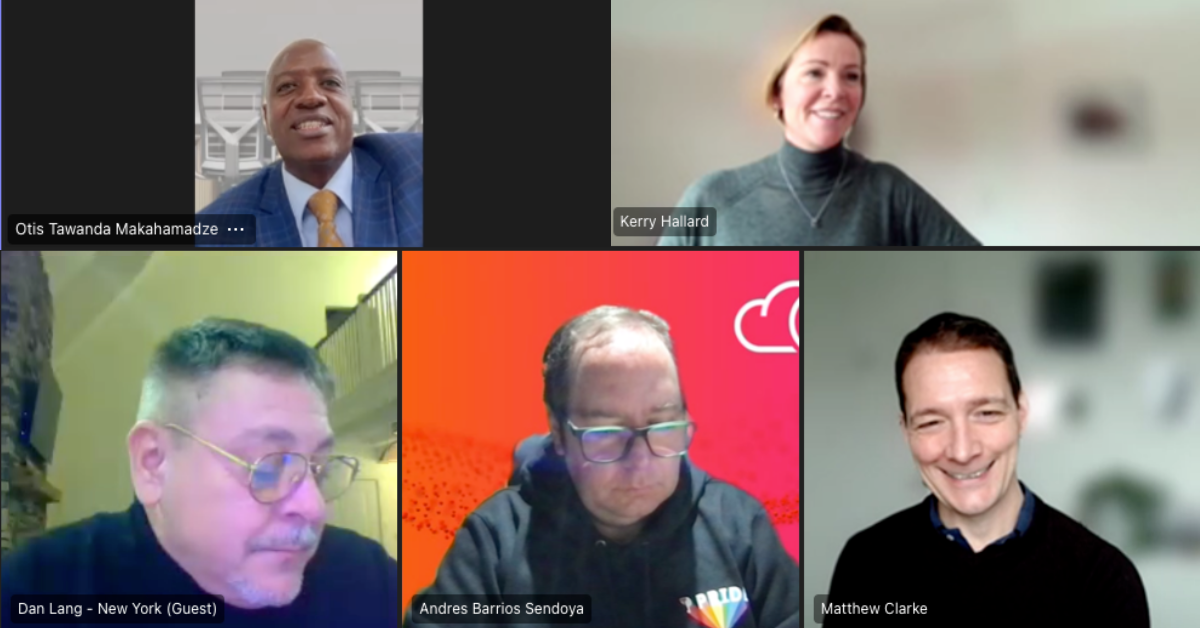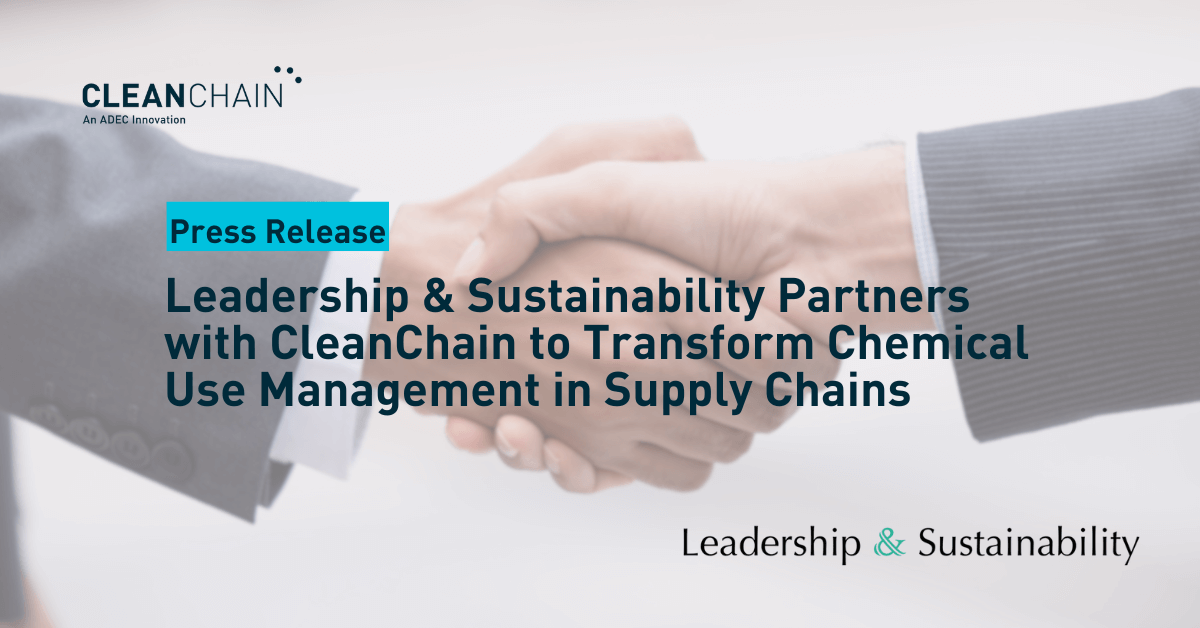
Author: ADEC Innovations

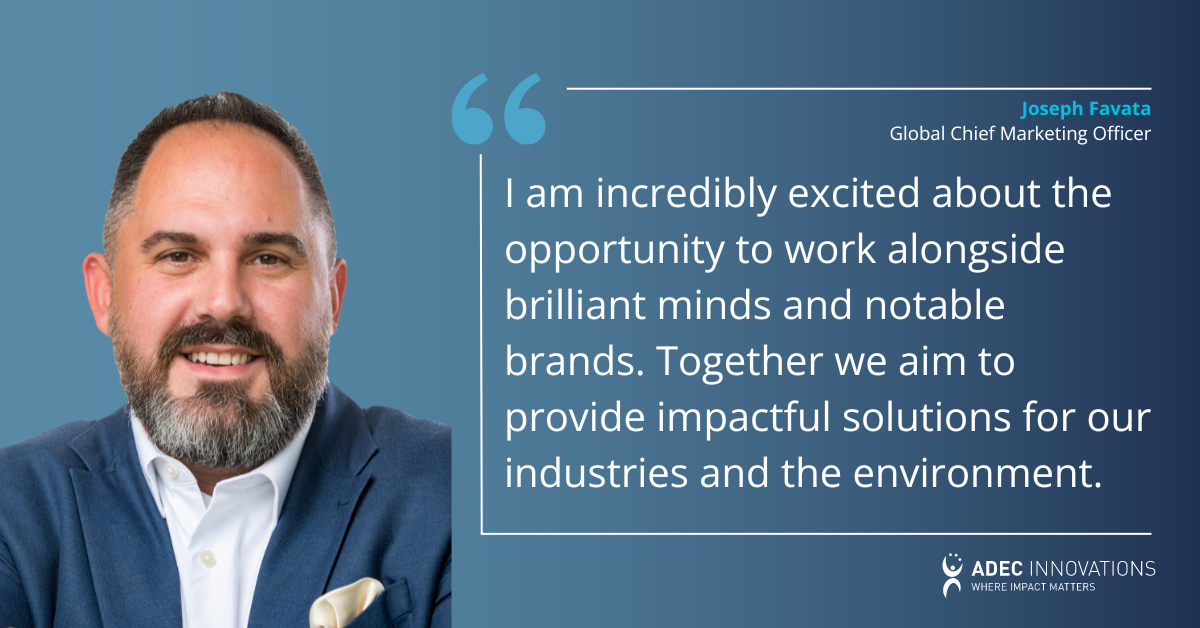
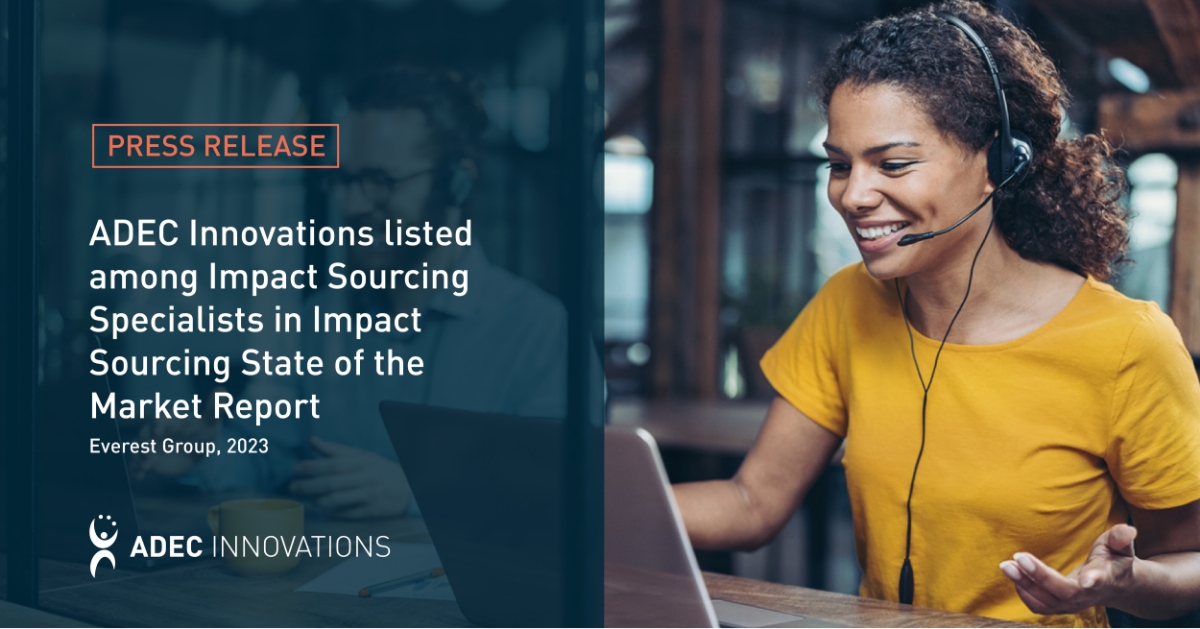
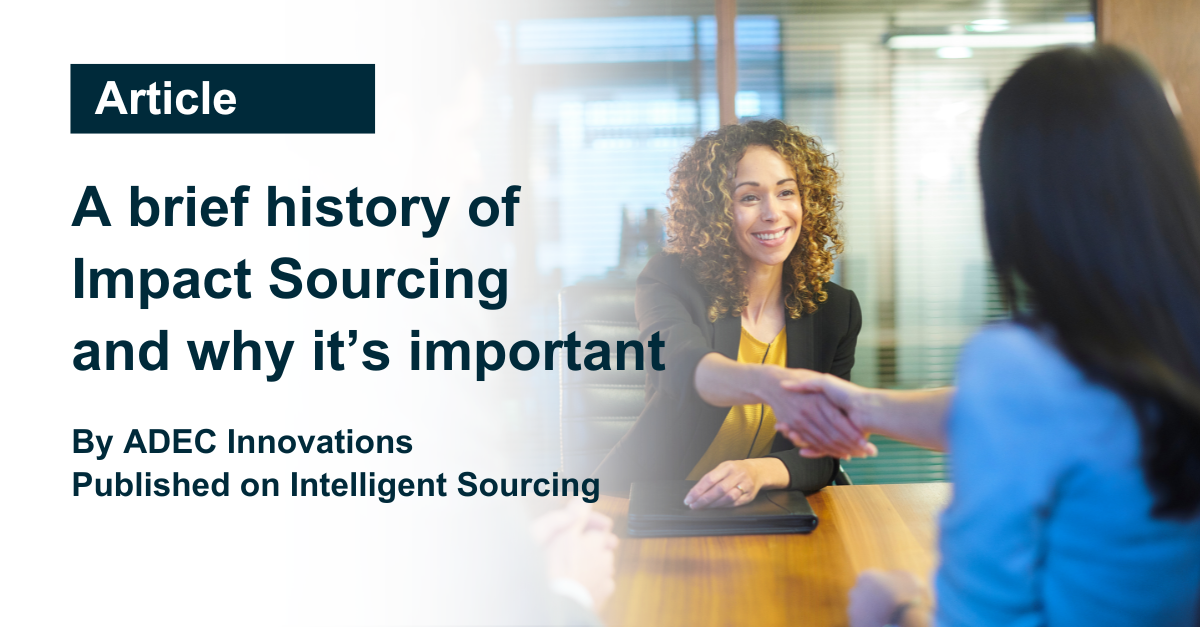
- 2012s – The United Nations Global Compact launches the Business Call to Action, which encourages companies to commit to inclusive business models, including impact sourcing.
- 2013 – Digital Jobs Africa Launched by Rockefeller Foundation
- 2016 – The Global Impact Sourcing Coalition (GISC) is established to promote the practice of Impact Sourcing and help organisations measure and report on their social impact.
- The Outsourcing Industry and Entrepreneurship Summit (OIES) is held in Kenya to promote Impact Sourcing as a tool for economic development in Africa.
- 2018 – The World Bank releases a report on the potential of Impact Sourcing to create jobs and reduce poverty in developing countries.
- ADEC Workforce set up operations delivering back-office, data entry and image annotation solutions in Kenya and the Philippines. Bringing employment and training to individuals in more rural areas by opening offices outside of tier 1 cities.
- CloudFactory was set up to connect people in developing countries to digital work, thereby creating economic and social impact.
- Daproim Africa started offering data entry, transcription, and digitization services while creating jobs for disadvantaged individuals in Kenya.
- DDD set up Impact Sourcing Service in several countries, providing data entry, content moderation, and other services while creating jobs for marginalized individuals.
- Samasource gained prominence for providing digital work opportunities to marginalized communities in countries such as Kenya, Uganda, and India.
- 2020 – the Impact Sourcing Champions Index start being applied to assess the number of workers employed, the quality of the jobs created, and the level of engagement with stakeholders.
- 2022 – Analyst interest picks up as Everest publishes a report on The Growing Need for Inclusive Talent Models: Learning from Impact Sourcing Specialists
- 2023 – Global Sourcing Association, in collaboration with IAOP, started to work towards the Global Sourcing Standard within social sourcing, which aims to create more inclusive and balanced impact sourcing.
- 2023 – Intelligent Sourcing introduces The Impact Sourcing Alliance, a resource for senior sourcing professionals looking for more information, vendors and connections in all areas of Impact Sourcing.
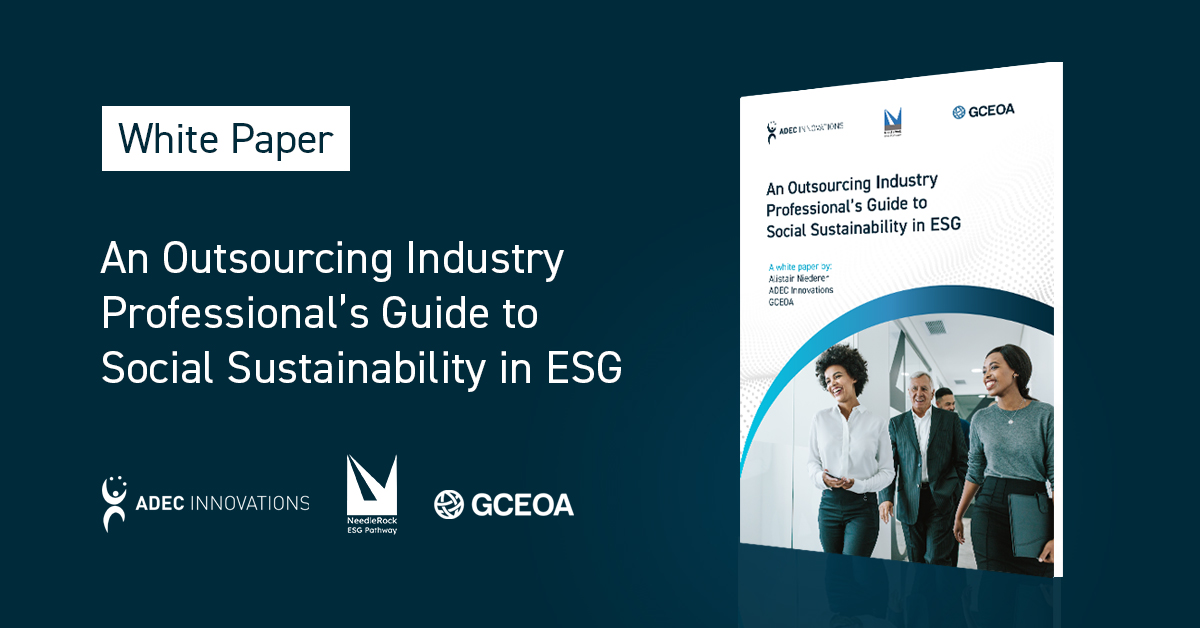
An Outsourcing Industry Professional’s Guide to Social Sustainability in ESG
Environmental, Social, and Governance (ESG) considerations are gaining prominence in the dynamic world of business process outsourcing (BPO). Being human-centric, BPO providers and clients must put Social Sustainability at the heart of operations. But with various legal requirements, reporting frameworks, changing priorities and sprawling data collection requirements and little guidance – this is easier said than done. To help outsourcing industry professionals navigate the complexities of Social Sustainability, we’ve penned this white paper with impact experts at GCEOA and BPO-veteran turned ESG advisor, Alistair Niederer. It aims to equip BPO professionals with a solid understanding of ESG and Social Sustainability. By reading it you can:- Grasp ESG and its relevance to the BPO industry
- Understand the Social Sustainability imperative for BPO providers and clients
- Get guidance on relevant metrics and data utilization for effective decision-making
- Set out steps to implement Social Sustainability practices in outsourcing activities
- Get inspired on how to leverage impact sourcing for positive social and economic outcomes
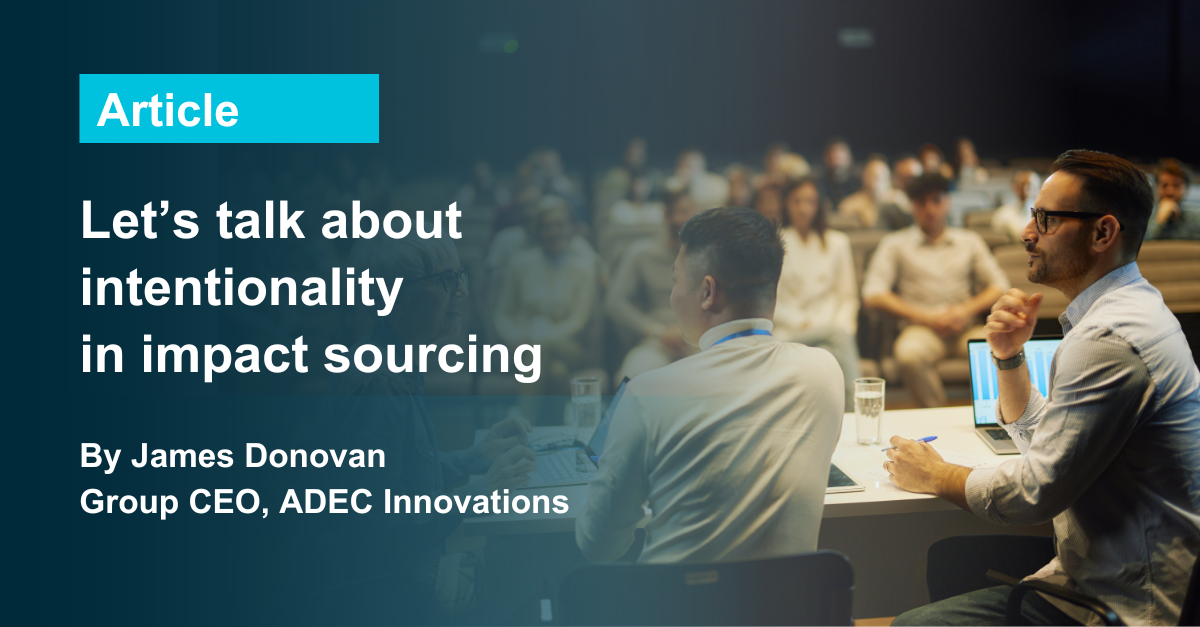
Article by James Donovan, ADEC Innovations Chief Executive Officer
When you’ve been around outsourcing and sustainability for as long as I have, you develop a complicated response to new buzzwords. On the one hand, I’m thrilled by any new positive momentum towards a more sustainable future. On the other hand, I’ve seen a lot of exciting things slowly fade away. It happens. Yet every so often, buzzwords become something much bigger than any of us.
Recently, at the IAOP’s Outsourcing World Summit in Chicago, I found myself surrounded by a room full of people passionately exploring impact sourcing as a solution for businesses. And all I could think was, “Wow. This is really happening. The time is now.” To me, it’s a triumph that impact sourcing is something procurement departments talk about today. And I’m particularly impressed by how mature the conversation is. But if we want to make sure all this momentum around impact sourcing makes a real difference, I think we need to start talking about intentionality.
What’s the intention behind impact sourcing?
When it comes right down to it, the intention behind an initiative is always more important than the label you put on it. This is true if you’re changing core processes in a single business or if you’re facilitating sustainable development on a global scale. Because you can only measure the impact of any initiative in the context of its explicit goals. The intention is the measure.
In the case of impact sourcing, this raises some strategic questions across the ecosystem. Is impact sourcing about numbers? Is it about pure philanthropy? For businesses, is the intention behind impact sourcing the impact itself? Or is it about the process used – the supply chain ESG reporting and management? There are no wrong answers here. But it’s important to be clear about intentions. For outsourcers, how do we measure impact? Is employing a call centre in Rwanda more impactful than improving the diversity in a business’ executive ranks? The choice is hardly straightforward. For the global community, exactly how much more responsible and accountable do we want to be for the way we hire and employ people around the world?
The answers to these questions will naturally vary across the community. But in my view, these are precisely the conversations we need to be having if we want to make sure impact sourcing is more than a buzzword.
Without a clear definition of intent, anything could be touted as impact sourcing. When that happens, it invariably muddies the waters. For instance, to some, impact sourcing might mean temporarily hiring people in a developing country. To others it might mean trying to help underemployed demographics like women with disabilities by providing them with education and job training. And to be clear, both of these are perfectly valid. But there’s a notable difference in intent and, in my experience, that difference matters.
At ADEC Innovations, we spend a lot of time thinking about whether we’re contributing more to the world than we’re taking from it. Some of our impact sourcing initiatives therefore tend to look a little bigger than usual. For example, we own and operate the only college in Silay in the Philippines. Why? Because our intention is to empower more young people with gainful employment through education. To us, that is what impact sourcing can be. At the same time we also have initiatives that accomplish job creation in a far more traditional sense.
We set up our ADEC Kenya delivery center just outside of Nairobi so we could bring employment opportunities closer to people who typically walk thirty miles a day just to get to work. The intent is what drives these initiatives – far more than if the initiative is called one word or another. It’s what drives strategic choices like whether the impact sourcing needs to happen on or off-shore.
For instance, in Ireland, we partnered with Turas Nua in Ireland to help long-time unemployed people to build careers in the customer service industry. Even in the US, we’ve helped global businesses employ single American mothers who can only work remotely.
At the end of the day, what we want is a world where every member of the ecosystem does their part to contribute to common goals around sustainability. That everyone makes a sincere contribution they can sustainably commit to. The intent matters because the measurability of these contributions matters immensely. It matters to the businesses spending money on these initiatives. And it most certainly matters to the people building their lives around the success of these initiatives.
The onus is on outsourcers
In every sector, in every country, populations and businesses are facing up to a diverse range of, frankly, existential threats. Between the impending fallout of aging populations and the millions of jobs being created and destroyed by AI, it’s clear to me that outsourcers are about to take on an even more prominent role in the global economy. As much as that should excite me, I’m also humbled by the responsibility it entails.
My hope is that as we move forward and deal with all these challenges, we do so with a clearer, more measurable view of what businesses want, what outsourcers can do and how the product of our endeavors impact the world. Impact sourcing could end up being some buzzword we forget about. Or it can be a catalyst for concrete change at a global scale.
The difference will be our collective intent.
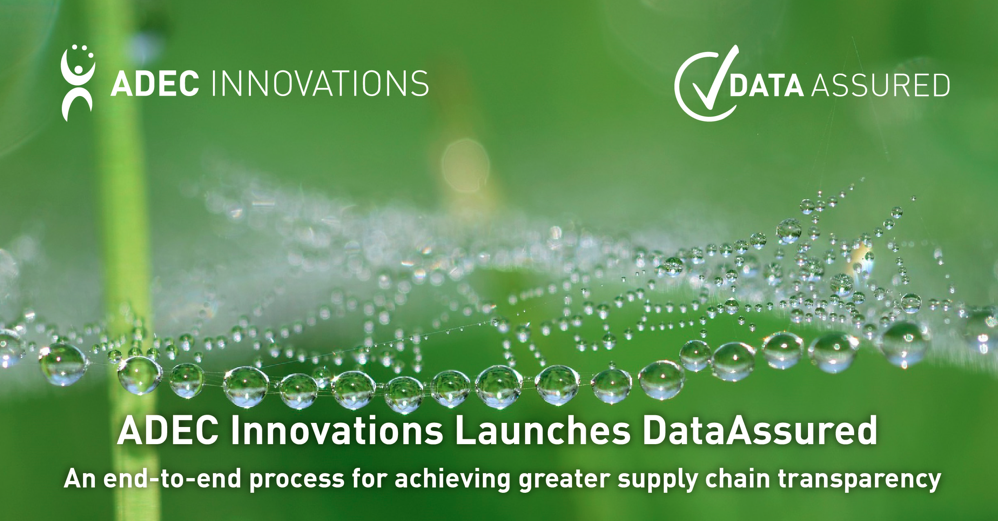
An end-to-end process for achieving greater supply chain transparency
London, UK – ADEC Innovations, a recognized global leader in delivering sustainable development solutions, announces the launch of DataAssured, a unique, end-to-end ESG data strategy, collection, processing, reporting and delivery solution. Providing ESG data as a service, DataAssured is not a single data management solution, rather it combines services and technology to help clients overcome their ESG data management challenges. Whereas most other providers deliver isolated ESG data solutions, such as sustainability consulting or ESG reporting software, ADEC’s DataAssured approach delivers a flexible, integrated, fully managed solution, assisting businesses where assistance is needed, helping clients secure ESG data management progress so they can achieve their short and long-term sustainability goals. With ADEC Innovations’ ESG data bureaus, DataAssured gathers relevant information for businesses that struggle to collect ESG data from their value chain and facilities. Once all relevant ESG data is collected, DataAssured analytical tools clean and process data in preparation for visualization and reporting. Companies can then share sustainability findings with investors, regulators, customers and employees. This improves transparency for ESG performance, enables stakeholders to make more informed decisions and builds trust for their brands. “It’s tough for companies to navigate, gather and process the overwhelming quantity of data they need for reporting credibly on their ESG performance. DataAssured eases the entire ESG data management process, ensuring businesses have an intuitive, nearly automated experience,” said James Donovan, CEO of ADEC Innovations. The launch of DataAssured is a significant step forward for ADEC Innovations as it expands its commitment to creating a positive global impact, enabling its clients to achieve greater sustainability through its combination of analytical and strategic expertise, technology enablement, comprehensive reporting and impact sourcing solutions. With DataAssured, ADEC’s clients can make informed, strategic decisions about how to reduce risk, save time, become more compliant and create business opportunities through their ESG initiatives.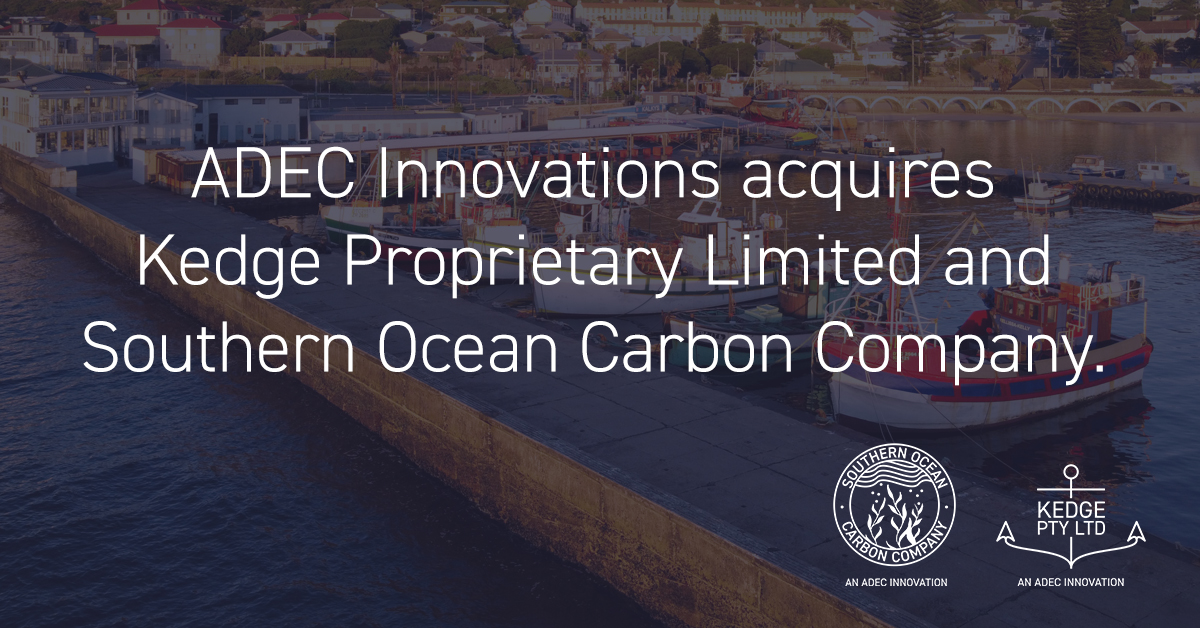
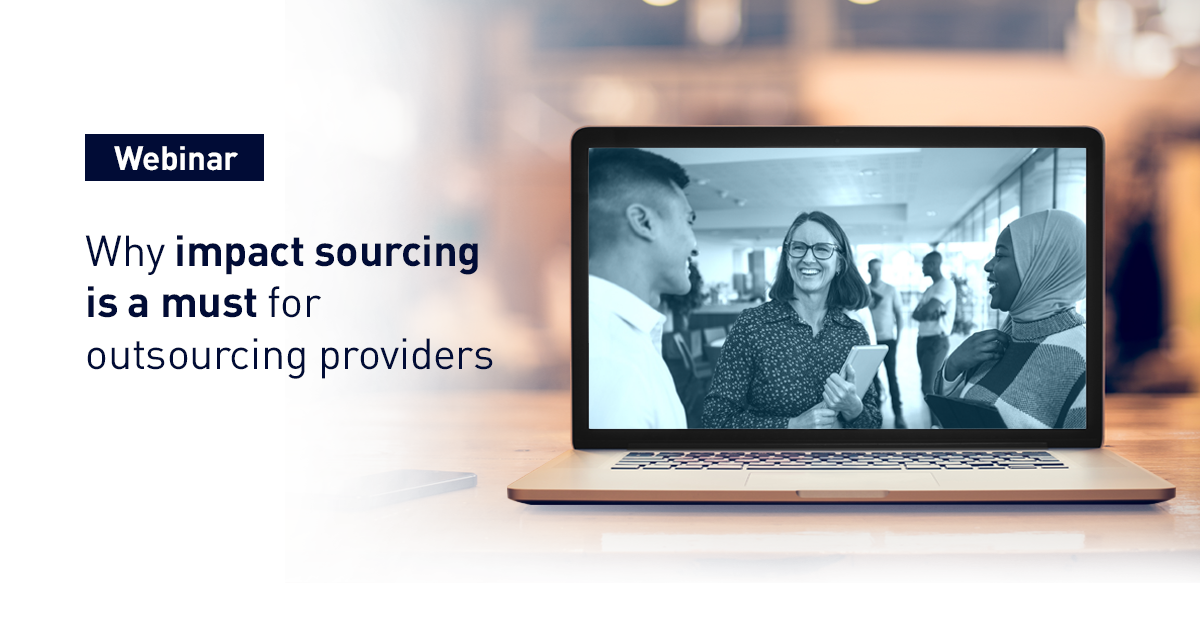
- Talent advantages
- Competitive business edge
- Corporate citizenship
